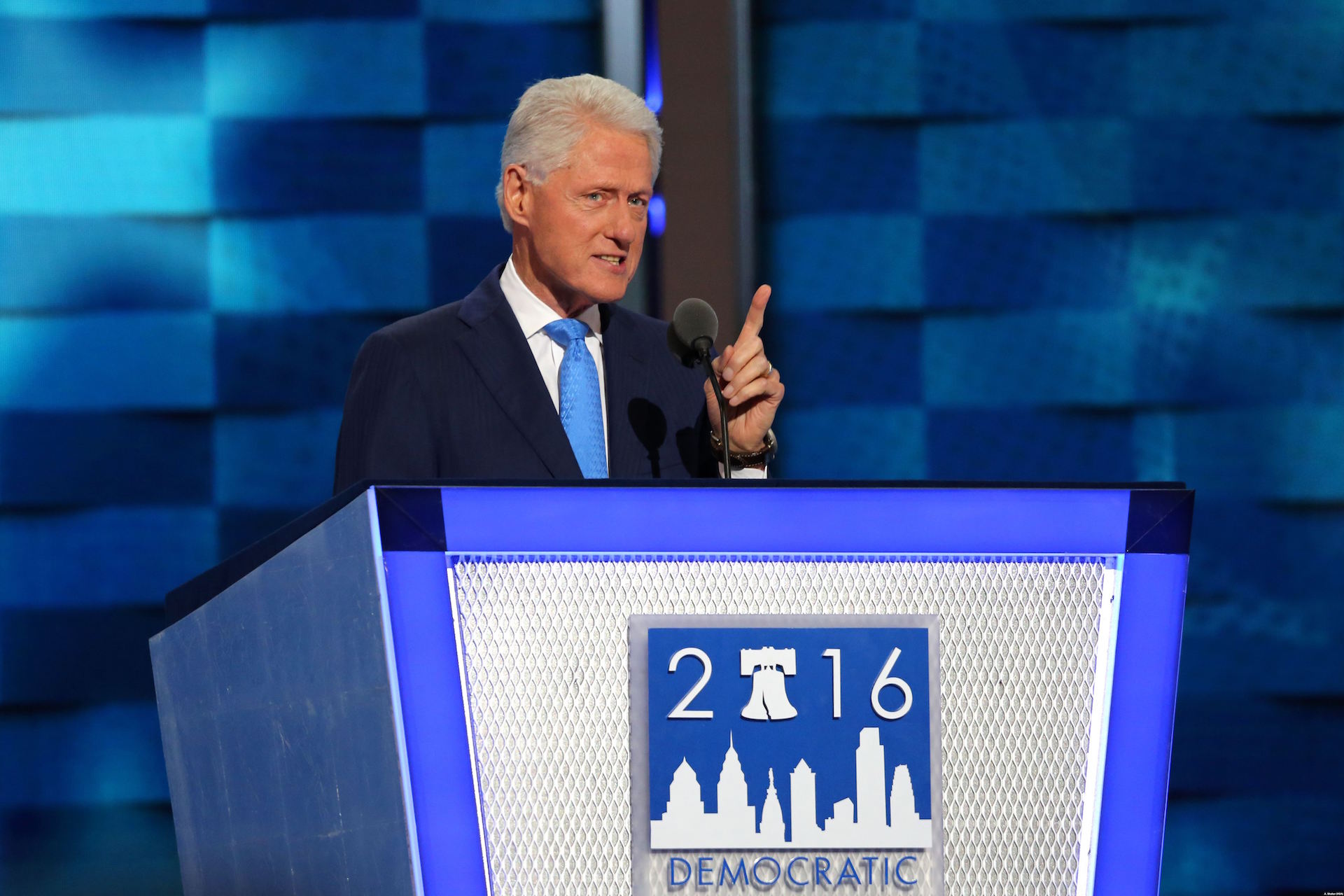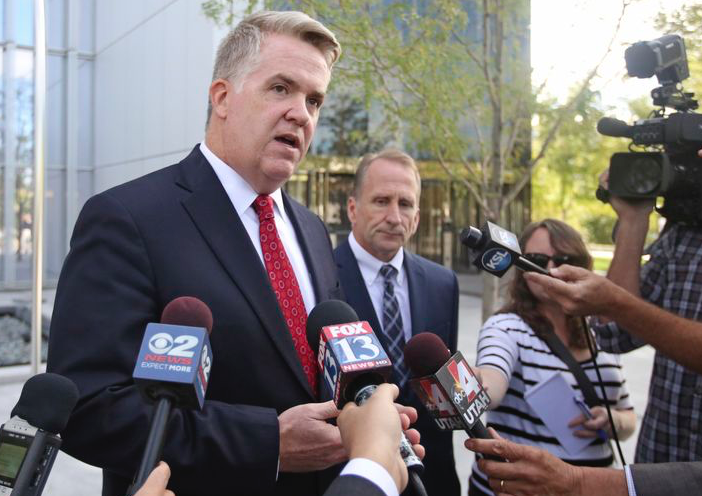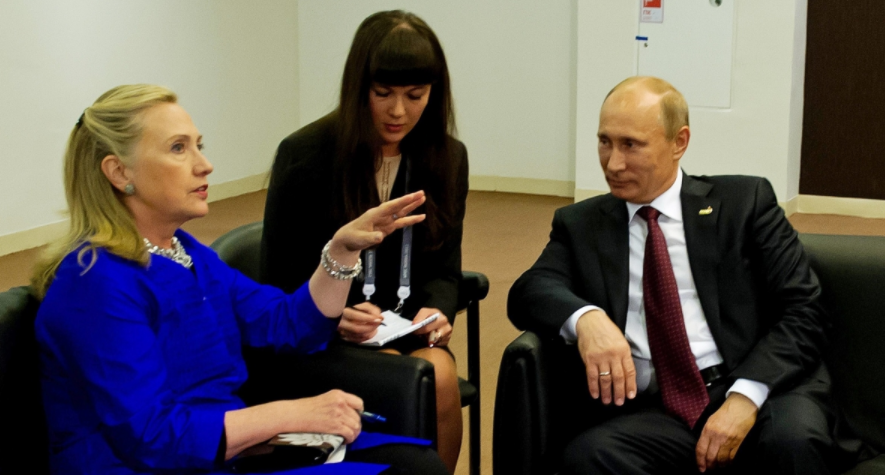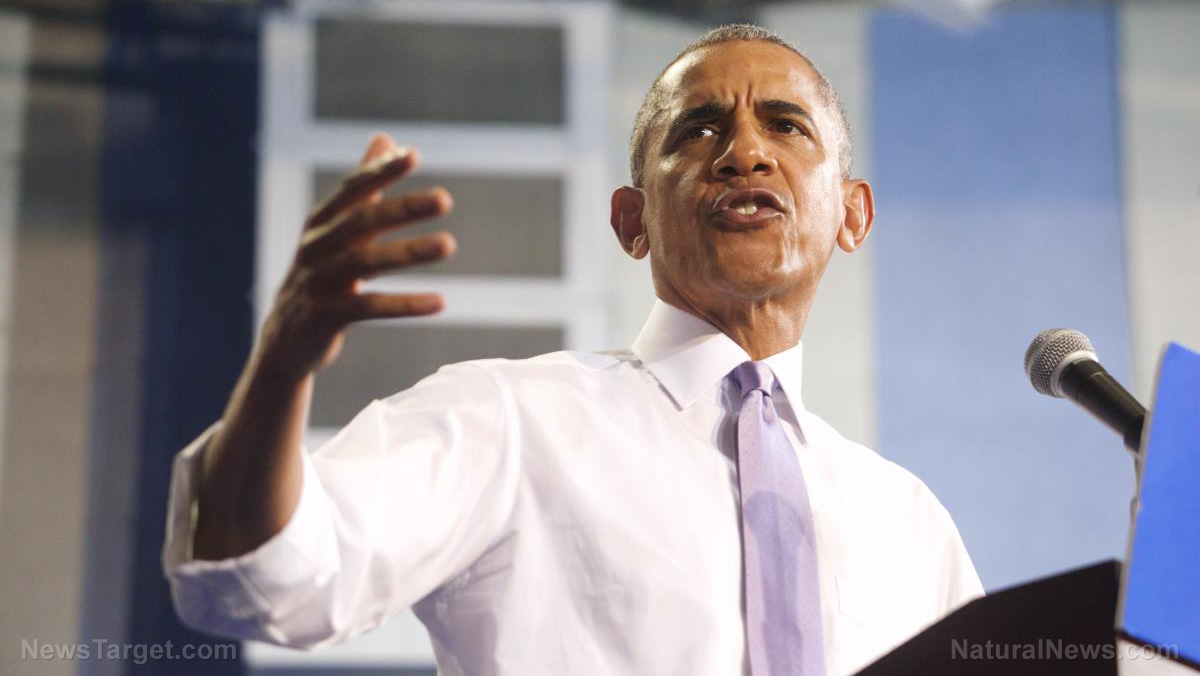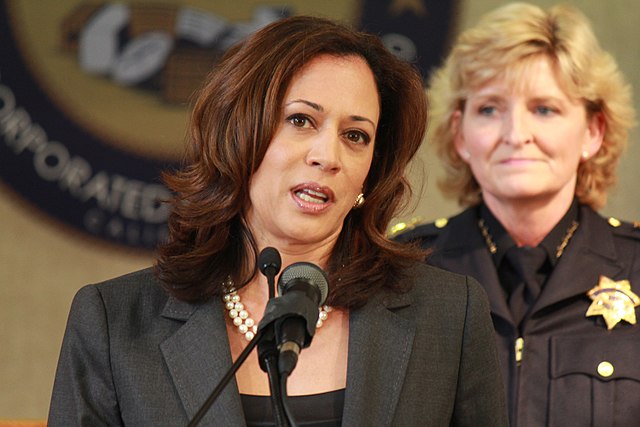How the Clinton Foundation Got Rich off Poor Haitians
07/21/2016 / By clintonnews
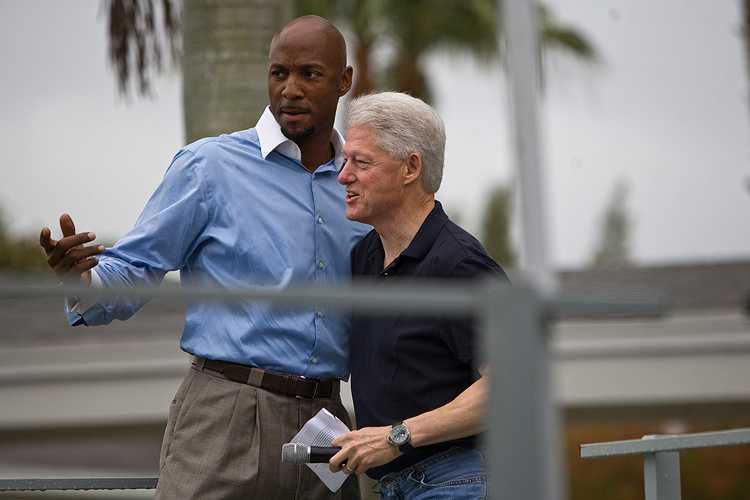
In January 2015 a group of Haitians surrounded the New York offices of the Clinton Foundation. They chanted slogans, accusing Bill and Hillary Clinton of having robbed them of “billions of dollars.” Two months later, the Haitians were at it again, accusing the Clintons of duplicity, malfeasance, and theft. And in May 2015, they were back, this time outside New York’s Cipriani, where Bill Clinton received an award and collected a $500,000 check for his foundation. “Clinton, where’s the money?” the Haitian signs read. “In whose pockets?” Said Dhoud Andre of the Commission Against Dictatorship, “We are telling the world of the crimes that Bill and Hillary Clinton are responsible for in Haiti.”
(Article by Dinesh D’Souza)
Haitians like Andre may sound a bit strident, but he and the protesters had good reason to be disgruntled. They had suffered a heavy blow from Mother Nature, and now it appeared that they were being battered again — this time by the Clintons. Their story goes back to 2010, when a massive 7.0 earthquake devastated the island, killing more than 200,000 people, leveling 100,000 homes, and leaving 1.5 million people destitute.
The devastating effect of the earthquake on a very poor nation provoked worldwide concern and inspired an outpouring of aid money intended to rebuild Haiti. Countries around the world, as well as private and philanthropic groups such as the Red Cross and the Salvation Army, provided some $10.5 billion in aid, with $3.9 billion of it coming from the United States.
Haitians such as Andre, however, noticed that very little of this aid money actually got to poor people in Haiti. Some projects championed by the Clintons, such as the building of industrial parks and posh hotels, cost a great deal of money and offered scarce benefits to the truly needy. Port-au-Prince was supposed to be rebuilt; it was never rebuilt. Projects aimed at creating jobs proved to be bitter disappointments. Haitian unemployment remained high, largely undented by the funds that were supposed to pour into the country. Famine and illness continued to devastate the island nation.
The Haitians were initially sympathetic to the Clintons. One may say they believed in the message of “hope and change.” With his customary overstatement, Bill told the media, “Wouldn’t it be great if they become the first wireless nation in the world? They could, I’m telling you, they really could.”
I don’t blame the Haitians for falling for it; Bill is one of the world’s greatest story-tellers. He has fooled people far more sophisticated than the poor Haitians. Over time, however, the Haitians wised up. Whatever their initial expectations, many saw that much of the aid money seems never to have reached its destination; rather, it disappeared along the way.
Where did it go? It did not escape the attention of the Haitians that Bill Clinton was the designated UN representative for aid to Haiti. Following the earthquake, Bill Clinton had with media fanfare established the Haiti Reconstruction Fund. Meanwhile, his wife Hillary was the United States secretary of state. She was in charge of U.S. aid allocated to Haiti. Together the Clintons were the two most powerful people who controlled the flow of funds to Haiti from around the world.
The Haitian protesters noticed an interesting pattern involving the Clintons and the designation of how aid funds were used. They observed that a number of companies that received contracts in Haiti happened to be entities that made large donations to the Clinton Foundation. The Haitian contracts appeared less tailored to the needs of Haiti than to the needs of the companies that were performing the services. In sum, Haitian deals appeared to be a quid pro quo for filling the coffers of the Clintons.
For example, the Clinton Foundation selected Clayton Homes, a construction company owned by Warren Buffett’s Berkshire Hathaway, to build temporary shelters in Haiti. Buffett is an active member of the Clinton Global Initiative who has donated generously to the Clintons as well as the Clinton Foundation. The contract was supposed to be given through the normal United Nations bidding process, with the deal going to the lowest bidder who met the project’s standards. UN officials said, however, that the contract was never competitively bid for.
Clayton offered to build “hurricane-proof trailers” but what they actually delivered turned out to be a disaster. The trailers were structurally unsafe, with high levels of formaldehyde and insulation coming out of the walls. There were problems with mold and fumes. The stifling heat inside made Haitians sick and many of them abandoned the trailers because they were ill-constructed and unusable.
The Clintons also funneled $10 million in federal loans to a firm called InnoVida, headed by Clinton donor Claudio Osorio. Osorio had loaded its board with Clinton cronies, including longtime Clinton ally General Wesley Clark; Hillary’s 2008 finance director Jonathan Mantz; and Democratic fundraiser Chris Korge who has helped raise millions for the Clintons.
Normally the loan approval process takes months or even years. But in this case, a government official wrote, “Former President Bill Clinton is personally in contact with the company to organize its logistical and support needs. And as Secretary of State, Hillary Clinton has made available State Department resources to assist with logistical arrangements.”
InnoVida had not even provided an independently audited financial report that is normally a requirement for such applications. This requirement, however, was waived. On the basis of the Clinton connection, InnoVida’s application was fast-tracked and approved in two weeks.
The company, however, defaulted on the loan and never built any houses. An investigation revealed that Osorio had diverted company funds to pay for his Miami Beach mansion, his Maserati, and his Colorado ski chalet. He pleaded guilty to wire fraud and money laundering in 2013, and is currently serving a twelve-year prison term on fraud charges related to the loan.
Several Clinton cronies showed up with Bill to a 2011 Housing Expo that cost more than $2 million to stage. Bill Clinton said it would be a model for the construction of thousands of homes in Haiti. In reality, no homes have been built. A few dozen model units were constructed but even they have not been sold. Rather, they are now abandoned and have been taken over by squatters.
THE SCHOOLS THEY NEVER BUILT USAID contracts to remove debris in Port-au-Prince went to a Washington-based company named CHF International. The company’s CEO David Weiss, a campaign contributor to Hillary in 2008, was deputy U.S. trade representative for North American Affairs during the Clinton administration. The corporate secretary of the board, Lauri Fitz-Pegado, served in a number of posts in the Clinton administration, including assistant secretary of commerce.The Clintons claim to have built schools in Haiti. But the New York Times discovered that when it comes to the Clintons, “built” is a term with a very loose interpretation. For example, the newspaper located a school featured in the Clinton Foundation annual report as “built through a Clinton Global Initiative Commitment to Action.” In reality, “The Clinton Foundation’s sole direct contribution to the school was a grant for an Earth Day celebration and tree-building activity.”
USAID contracts also went to consulting firms such as New York–based Dalberg Global Development Advisors, which received a $1.5 million contract to identify relocation sites for Haitians. This company is an active participant and financial supporter of the Clinton Global Initiative. A later review by USAID’s inspector general found that Dalberg did a terrible job, naming uninhabitable mountains with steep ravines as possible sites for Haitian rebuilding.
Foreign governments and foreign companies got Haitian deals in exchange for bankrolling the Clinton Foundation. The Clinton Foundation lists the Brazilian construction firm OAS and the InterAmerican Development Bank (IDB) as donors that have given it between $1 billion and $5 billion.
The IDB receives funding from the State Department, and some of this funding was diverted to OAS for Haitian road-building contracts. Yet an IDB auditor, Mariela Antiga, complained that the contracts were padded with “excessive costs” to build roads “no one needed.” Antiga also alleged that IDB funds were going to a construction project on private land owned by former Haitian president Rene Preval — a Clinton buddy — and several of his cronies. For her efforts to expose corruption, Antiga was promptly instructed by the IDB to pack her bags and leave Haiti.
In 2011, the Clinton Foundation brokered a deal with Digicel, a cell-phone-service provider seeking to gain access to the Haitian market. The Clintons arranged to have Digicel receive millions in U.S. taxpayer money to provide mobile phones. The USAID Food for Peace program, which the State Department administered through Hillary aide Cheryl Mills, distributed Digicel phones free to Haitians. Digicel didn’t just make money off the U.S. taxpayer; it also made money off the Haitians.
When Haitians used the phones, either to make calls or transfer money, they paid Digicel for the service. Haitians using Digicel’s phones also became automatically enrolled in Digicel’s mobile program. By 2012, Digicel had taken over three-quarters of the cell-phone market in Haiti.
Read more at: nationalreview.com
Tagged Under: bill clinton, Clinton Foundation, corruption, Haiti, Hillary Clinton
RECENT NEWS & ARTICLES
COPYRIGHT © 2017 CLINTON NEWS



